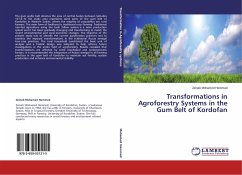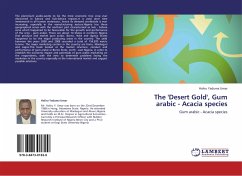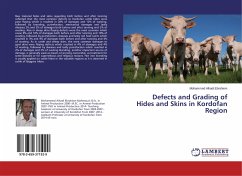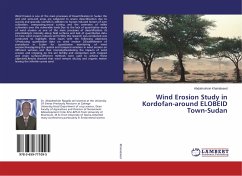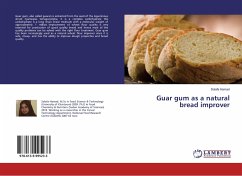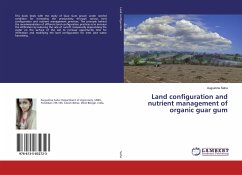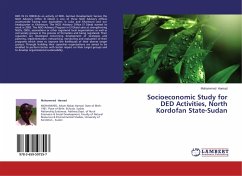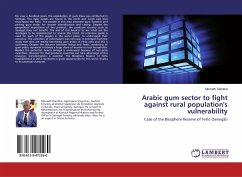The gum arabic belt denotes the area of central Sudan between latitudes 10-14 N. The study area represents some parts of the gum belt of Kordofan in Western Sudan, where the majority of population are rural farmers. The main form of livelihood is traditional crop farming. Traditional rain-fed agriculture using the bush fallow system is a main production system and it has been gradually changing and transforming to match the recent environmental and socio-economic changes. The objective of the present study was to identify the current agroforestry practices and to examine the imposed transformations in the traditional Acacia senegal tree-crop practices. The rural household constituted the basic unit of analysis and a holistic design was adopted to help refocus future investigations in the entire field of agroforestry. Results revealed that transformations are affected by some biophysical and socioeconomic factors. It is recommended the integration of Acacia senegal in all farming practices in the gum belt of Kordofan to maintain soil fertility, sustain production and enhance environmental stability.

